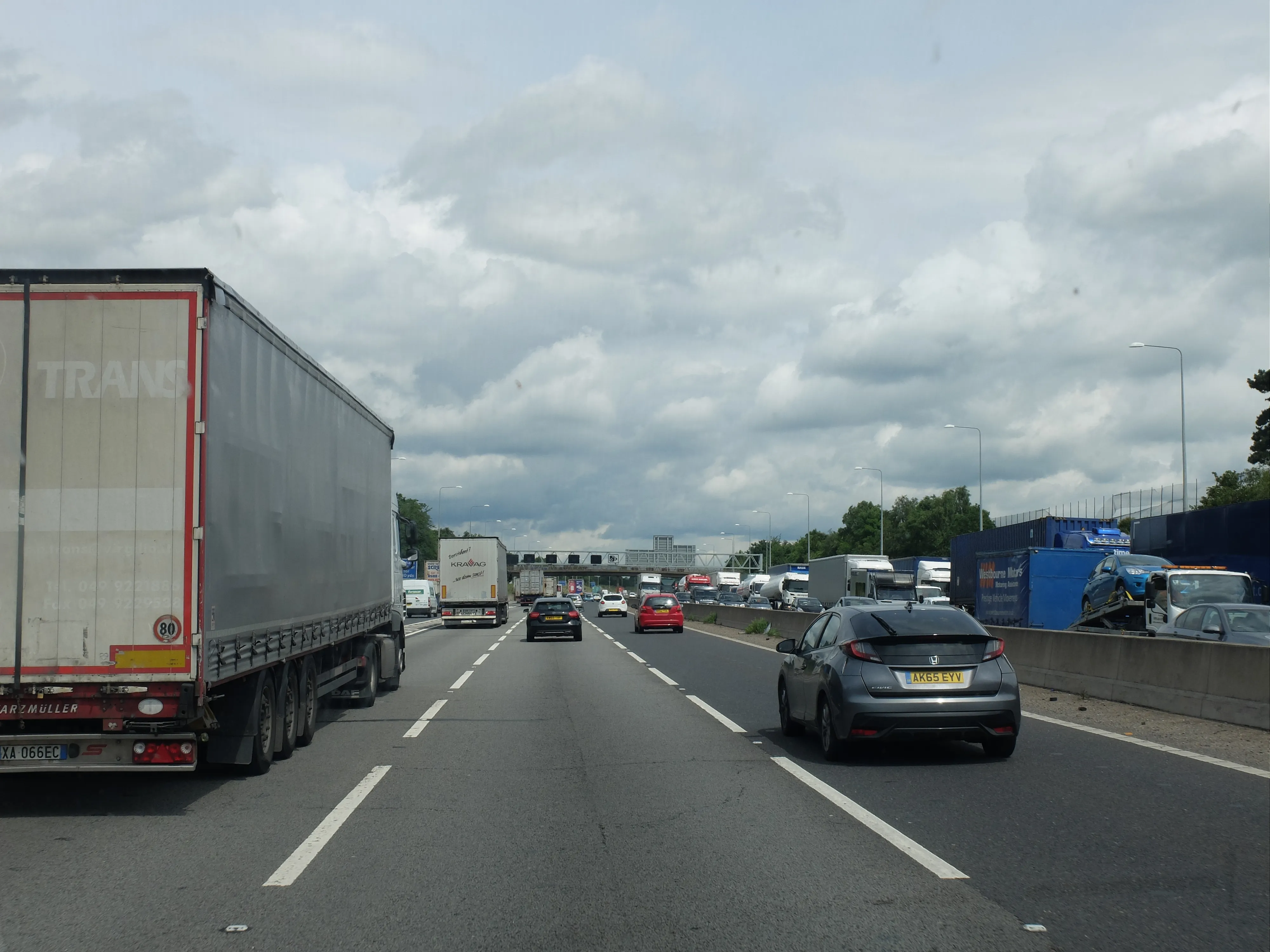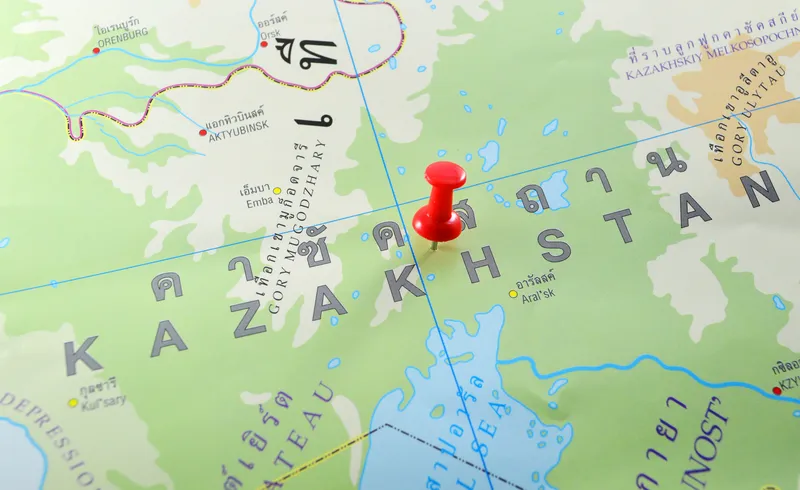Stroytransgaz has won US$124.7 million contract to reconstruct 4.4km of the A-104 Moscow - Dmitrov - Dubna highway. This development comes as the governor of the Orel region (Central FD) has increased the regional road fund . A further $75.33 million has been allocated for highways sector developments in the Magadan region (located in the far east of Russia) during the next two years.
October 1, 2014
Read time: 1 min
Stroytransgaz has won US$124.7 million contract to reconstruct 4.4km of the A-104 Moscow - Dmitrov - Dubna highway. This development comes as the governor of the Orel region (Central FD) has increased the regional road fund . A further $75.33 million has been allocated for highways sector developments in the Magadan region (located in the far east of Russia) during the next two years.








